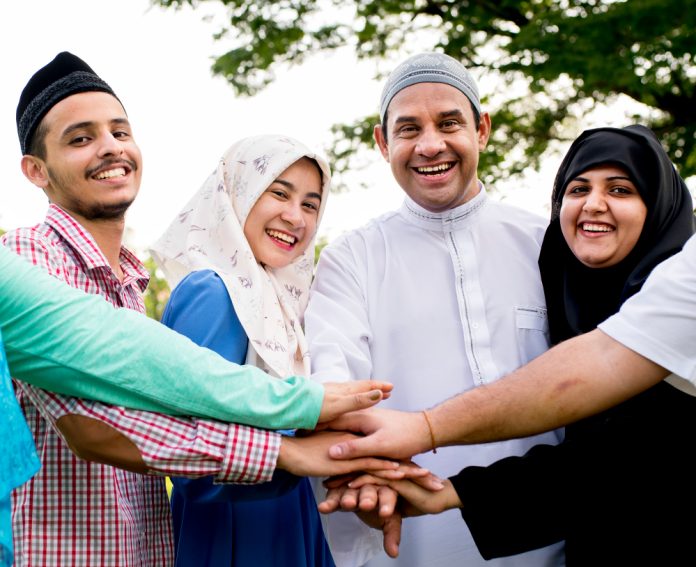- By now, the countrymen are quite used to the quotas, reservations, caste, creed, class, and religion dominating the political landscape in more than one way. Despite the framers of the Constitution abundantly making it clear that the quotas and reservations are not to be pursued beyond a timeframe, our political leaders have kept the issue burning perpetually. No wonder, people representing different castes are demanding more and more quotas for their respective entities. Did someone mention what happens to merit? What is that? The increasing clamouring for quotas and reservations in government jobs and educational institutes amply demonstrates nothing much has changed on the ground.

PC: Express News Service
- Moreover, with parochial considerations driving the political leadership with an express intention to further strengthen the assiduously built vote banks, expect even more demands arising from the ever-eager politicians to fish in the muddied waters. This gets accentuated whenever an ensuing election is in the offing. Recently, the BJP government in Karnataka made significant changes to the state’s reservation policy, changing the contour that existed since 1994. Two politically influential groups, Vokkaligas and Lingayats, had their sub-quotas enhanced by two percentage points each. It came at the expense of Muslims, who now have been bumped off the other backward castes (OBC) list.
- Separately, the scheduled caste quota was carved into four sub-categories, after its overall ceiling had been increased by two percentage points earlier to 17%. Under the proposed changes, the overall reservation stands at 66%, including the economically weaker section (EWS) quota. Mind you, it’s not yet a done deal, legally speaking. The Union Government has to be asked to place Karnataka’s reservation policy in the Constitution’s ninth schedule to shield it from judicial review. Yes, all these changes have come on the eve of the next assembly election in Karnataka. Other states like Tamil Nadu and Maharashtra too undertook similar exercises to impress upon the targeted castes, but the Supreme Court struck those down as unconstitutional.

PC: Freepik
- Note that reservations are being used as a silver bullet for policies that have failed to create enough job opportunities for India’s surplus agrarian labour force. As such, GOI’s employment data reveals how a part of India’s labour force between the last pre-pandemic year 2018-19 and 2021-22 went back to agriculture in the absence of alternatives. Agriculture in 2021-22 absorbed 45.5% of the labour force, three percentage points higher than in 2018-19. Moreover, most of the additional jobs have come through self-employment, which is where in 2021-22 55.8% of the labour force found itself. Thus, the political parties should seriously consider supporting efforts to generate more employment opportunities rather than embrace quotas at the drop of a hat.






